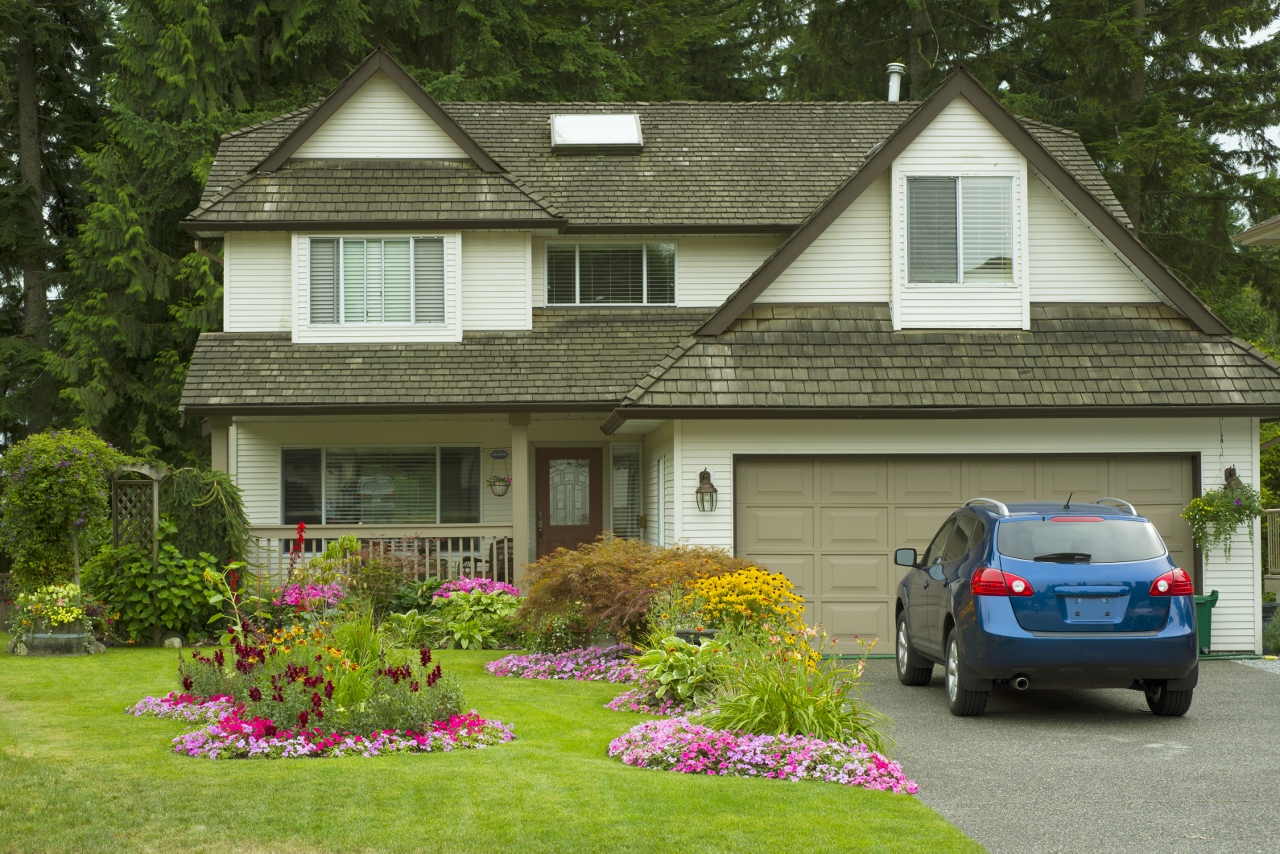 Drones have exploded in popularity over the last few years for hobby and recreational use. Drones can be costly to replace and expose you to liability risk. It is important to know the guidelines for operation and where your coverage may lie in your personal insurance policies.
Drones have exploded in popularity over the last few years for hobby and recreational use. Drones can be costly to replace and expose you to liability risk. It is important to know the guidelines for operation and where your coverage may lie in your personal insurance policies.
A drone is considered an unmanned aerial vehicle. You must register your aircraft at https://faadronezone.faa.gov/#/ if the weight of the aircraft is between .55lbs to 55 lbs. The registration number must be marked on the outside of the drone. Always carry proof of the registration. You should know that if you intentionally violate any of these safety requirements, or if you operate in careless and reckless manner, you can be subjected to civil and criminal penalties.
While the drone itself may be covered under the personal property coverage on your homeowner’s policy, there may be coverage concerns when it comes to bodily injury or property damage. Drones accidents have widely been reported and can cause harm to a third party when there is a power failure or loss of control of the drone. Flying your drone around people, properties and power lines all present exposure to a possible liability claim. Never use your personal drone for business purposes, this could negate coverage. Take the time to check with your insurance agent before accidents happen to ensure you have both property and liability coverage for your drone. If your homeowner’s policy does not carry coverage you may need to purchase a separate drone/UAS/quadro copter insurance policy.
On a side note, if you don’t own a drone but your neighbor does and you find it flying over your property, shooting it out of the sky is a felony charge and not covered by your homeowner’s policy!
Recreational Drone Operation Guidelines:
- Register your drone with the Federal Aviation Administration.
- Stay at least 5 miles away from all airports
- Don’t fly more than 400 ft. above the ground
- Keep your drone within your line of sight
- Don’t fly over people without permission
- Don’t fly over government facilities
- Don’t fly in national parks
- Don’t fly over private property
- Don’t fly over fires or crime scenes

Kellie Eschbach
Personal Lines Manager





